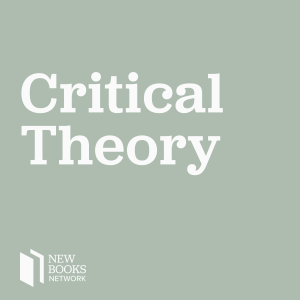
Vivek Chibber, "Confronting Capitalism: How the World Works and How to Change It" (Verso, 2022)
 2022-11-03
2022-11-03
Download
Right click and do "save link as"
Why is our society so unequal? Why, despite their small numbers, do the rich dominate policy and politics even in democratic countries? Why is it so difficult for working people to organize around common interests? How do we begin to build a more equal and democratic society?
In Confronting Capitalism: How the World Works and How to Change It (Verso, 2022), Vivek Chibber provides a clear and accessible map of how capitalism works, how it limits the power of working and oppressed people, and how to overcome those limits. The capitalist economy generates incredible wealth but also injustice. Those who own the factories, hotels, and farms always have an advantage over the people who rely on that ownership class for their livelihoods. This inequality in power and income is reflected in the operation of the state, where capitalists are able to exert their will even under relatively democratic conditions. The most important reason is that states depend on the employment and profits from capitalist enterprise for both finances and legitimacy. Every meaningful victory for working people has been won through collective struggle but collective action is very difficult to coordinate. In the final section of the book, Chibber walks the reader through some of the historical attempts to build socialism and presents a vision of how we might, perhaps against the odds, build a socialist future.
Morteza Hajizadeh is a Ph.D. graduate in English from the University of Auckland in New Zealand. His research interests are Cultural Studies; Critical Theory; Environmental History; Medieval (Intellectual) History; Gothic Studies; 18th and 19th Century British Literature. YouTube Channel. Twitter.
Learn more about your ad choices. Visit megaphone.fm/adchoices
Support our show by becoming a premium member! https://newbooksnetwork.supportingcast.fm/critical-theory
view more
More Episodes
012345678910111213141516171819
Create your
podcast in
minutes
- Full-featured podcast site
- Unlimited storage and bandwidth
- Comprehensive podcast stats
- Distribute to Apple Podcasts, Spotify, and more
- Make money with your podcast
It is Free
- Privacy Policy
- Cookie Policy
- Terms of Use
- Consent Preferences
- Copyright © 2015-2024 Podbean.com





